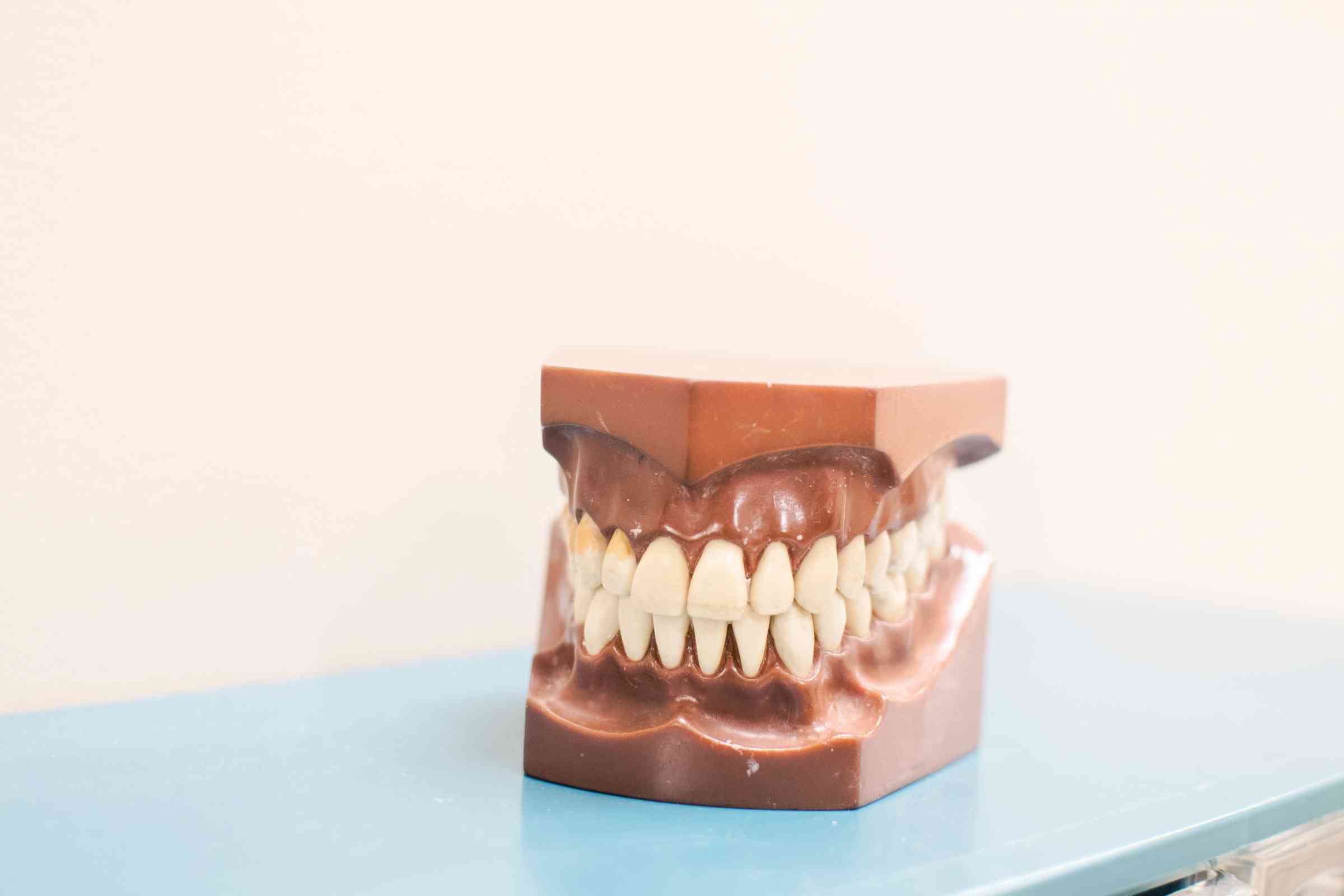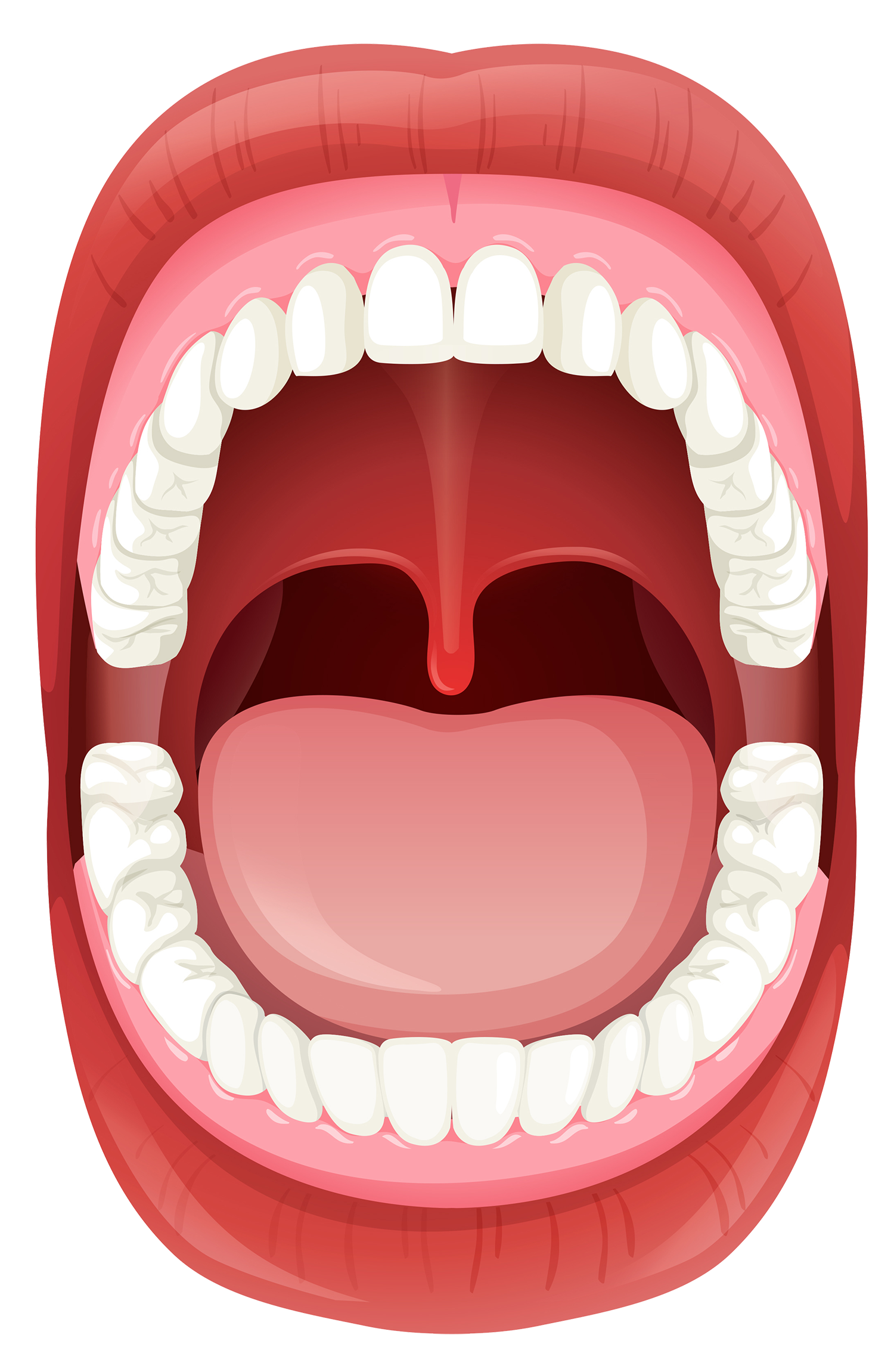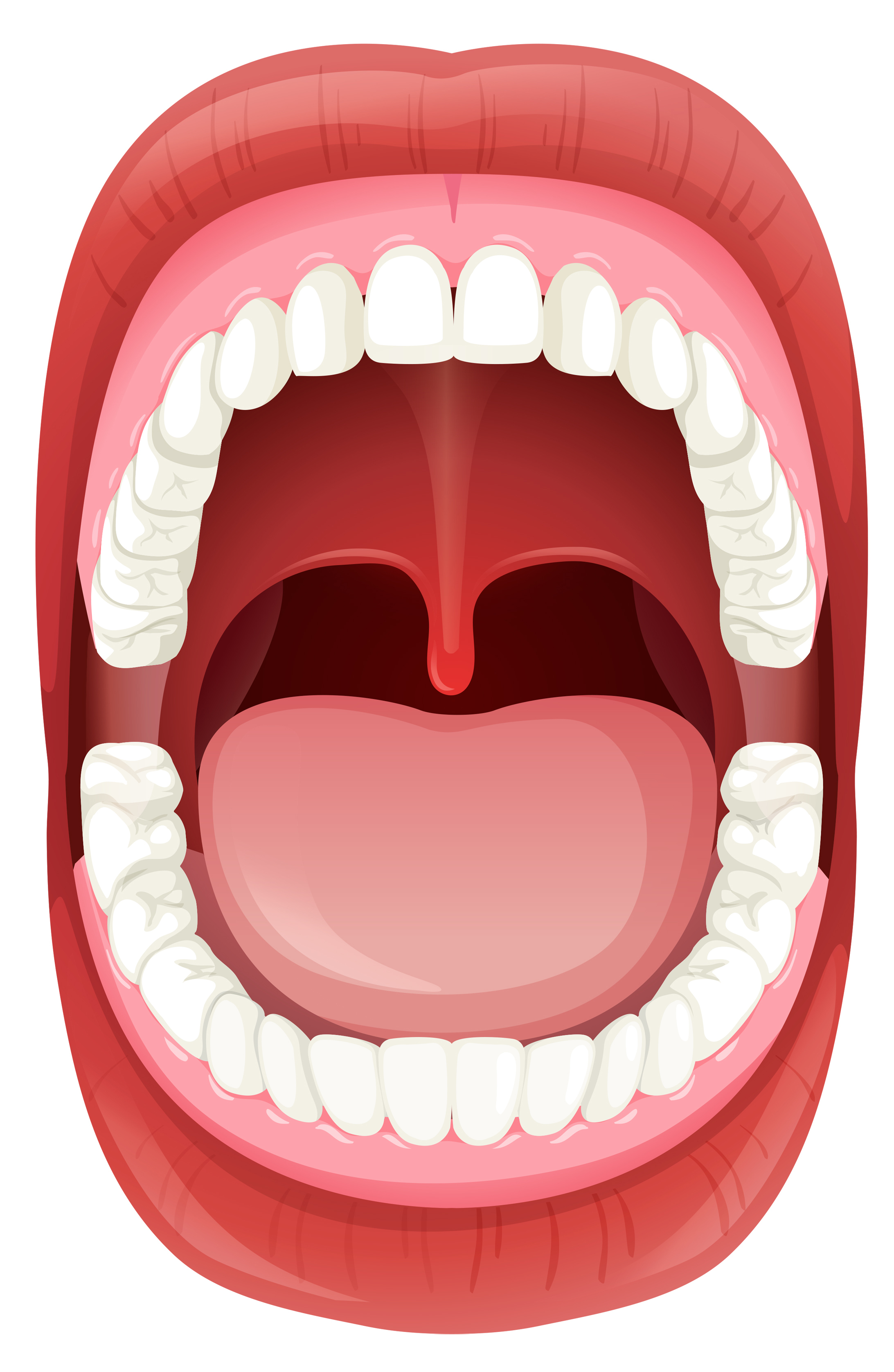
What are missing teeth?
People can have missing teeth for different reasons. Teeth may have been lost to decay or gum disease, or they might have been damaged in an accident. Sometimes teeth get stuck in the bone under the gums - these are called impacted teeth. In other cases, teeth are naturally missing: they never formed in the jaw bones. This is called hypodontia.
What is hypodontia?
Hypodontia is the dental name for naturally missing teeth. This means the tooth, or teeth, will be permanently missing, and will never grow into your mouth.
Dentists will count how many teeth you have missing to grade your hypodontia.
Mild
If 1-2 adult teeth are missing
Moderate
If you have 3-6 adult teeth missing
Severe
If more than 6 adult teeth missing.
This can also be called oligodontia
If your baby teeth are missing, the adult teeth might also be missing. It will not be possible to know if the adult teeth are missing until you are old enough for the adult teeth to start growing.
What causes teeth not to form?
There are lots of reasons why some people have teeth that do not form. It can be due to their genes, things in the environment, or other unknown causes.
Genes
This means it is part of your DNA. You can inherit missing teeth from people in your family. Sometimes it can happen by chance. For a few people, it is part of another condition for example, ectodermal dysplasia (ED).
Environment
Something in the world around you stopped some of your teeth from forming.
Not known
We are not able to find out why you have teeth missing.
How common is it to have missing teeth?
This depends on some facts about you: females more commonly have missing teeth than males, and there are also differences based on ethnicity and race. Some types of teeth are more likely to be missing than others.


Upper central incisors are rarely missing naturally.
The most common reason for these teeth to be missing is because they have been knocked out. This is why it is important to wear a mouthguard for contact sport.

Upper lateral incisors are one of the most commonly missing teeth. Oneor both of these teeth are missing in about 2 people in every 100.
Missing and small lateral incisors are often linked to impacted canine teeth – it is important your dentist checks for this.

Upper canine teeth are rarely missing.
This tooth is one of the most common teeth to become stuck (impacted). If this tooth has not grown through it is important your dentist checks for this. Impacted canine teeth are more common if you have a missing or small lateral incisor.

The first premolar teeth are not often missing (around 1-2 people in every 1000 people are missing this tooth).
If one or more first premolar teeth are missing it is likely that other teeth will also be missing, for example the second premolars.
Find out more about having lots of missing teeth

The upper second premolar is one of the most commonly missing teeth(around 1-2 people in every 100 people are missing this tooth).

The first molars are very rarely missing.
This tooth is the first adult tooth to grow into your mouth and it is a very important tooth. This tooth can easily get decay, so it is important you look after it.

The second molars are rarely missing. If these teeth are the only teeth that are missing, you are unlikely to need dental treatment for this.
Sometimes when these teeth are missing, other teeth are missing too. Find out more about lots of missing teeth

Wisdom teeth are the most commonly missing teeth. If your wisdom teeth are the only missing teeth, you will not need any dental treatment for this.

The lower incisors are not often missing (around 2-3 people in every 1,000 people are missing this tooth).
Find out more about missing lower incisors

The lower incisors are not often missing (around 2-3 people in every 1,000 people are missing this tooth).
Find out more about missing lower incisors

Lower canine teeth are rarely missing.

The first premolar teeth are not often missing (around 1-2 people in every 1,000 people are missing this tooth).
If one or more first premolar teeth are missing it is likely that other teeth will also be missing, for example the second premolars.
Find out more about having lots of missing teeth

The lower second premolar is one of the most commonly missing teeth (2-3 people in 100).
Find out more about missing lower second premolars

The first molars are very rarely missing.
This tooth is the first adult tooth to grow into your mouth and it is a very important tooth. This tooth can easily get decay so it is important you look after it.

The second molars are rarely missing. If these teeth are the only teeth that are missing, you are unlikely to need dental treatment for this.
Sometimes when these teeth are missing, other teeth are missing too. Find out more about lots of missing teeth

Wisdom teeth are the most commonly missing teeth. If your wisdom teeth are the only missing teeth, you will not need any dental treatment for this.
You can click the options below to find out more about the most commonly missing teeth, and the different options for treatment.

